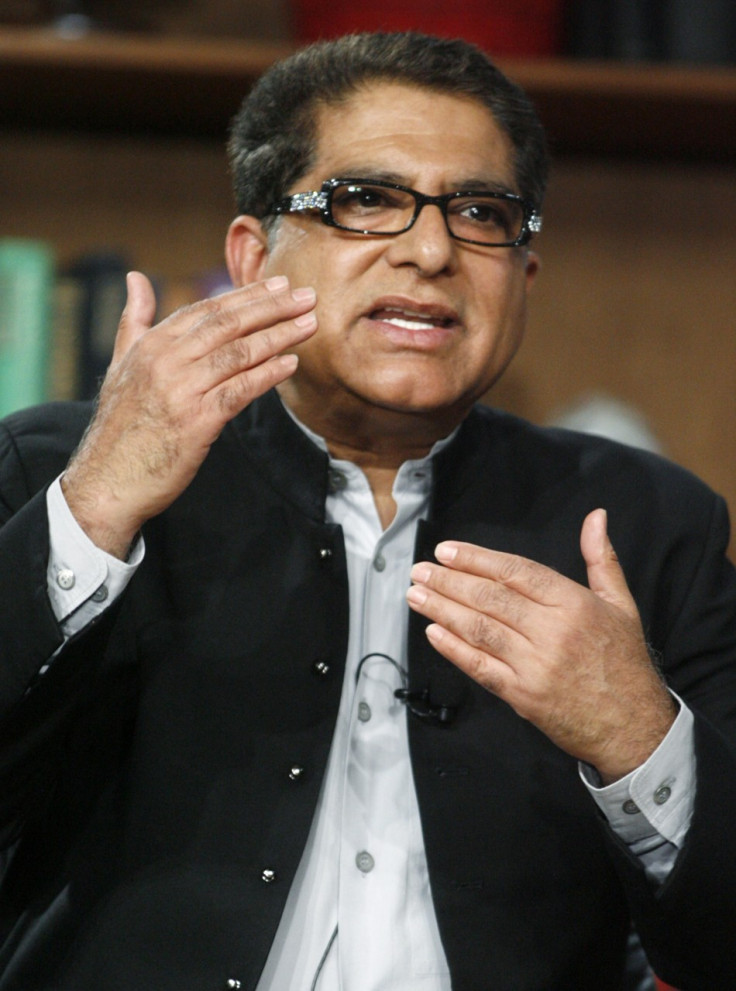Ayurveda's healing powers: Top research institutions conducting mega study on traditional Indian medicine

A major study on Ayurveda's healing powers is being conducted at the Chopra Center for Wellbeing in California by looking at the genetic and cellular response to a whole systems approach on health and well-being.
The research is titled Self-Directed Biological Transformation Initiative (SBTI) Research Study. It will measure the total effects of an intensive immersion into a systemic program to check for a person's connection to the healing process.
It will study genes, hormones, bacteria response, inflammation markers, weight, stress makers etc in participants who will be split into groups that receive medicine and control groups who do not.
The study involves top research and medical institutions in the US-Harvard University, Scripps Clinic, University of California San Diego, Mt Sinai University, University of California San Francisco and Duke University, reports the Times of India.
Most traditional medicine and therapies are not done in isolation, where the focus is on symptoms alone.
"The body's healing system is still little understood because of the complex inputs - thoughts, emotions, diet, stress, exercise, immune response - that affect healing. The picture is further clouded when isolated findings overlap or contradict one another. In the context of ayurveda, therapies and practices aren't done in isolation. Instead of focusing on local symptoms, the diagnosis is systemic. Only now is Western medicine beginning to understand that a blanket condition like 'stress' or 'inflammation' connects many diverse disorders, including heart disease, cancer, and diabetes," says Deepak Chopra.
The study is also an attempt to scientifically establish the efficacy of Ayurveda which is largely seen as pseudoscience.
Commenting on the beneficial gene activity of ashwagandha, one of Ayurveda's primary medicine, on Alzheimer, Dr Rudolf Tanzi, a professor at the Harvard University and a co-researcher at the SBTI study argues the case for studying the branch of medicine and says, "Any scientist of worth will admit that most of time we are wrong. Just look back at science 100 years ago and ask how much is still correct today. Why would this not continue to be the case 100 years from now? Thus, it makes sense to look back to ancient remedies and wisdom, for example, as prescribed in ayurvedic medicine."
© Copyright IBTimes 2025. All rights reserved.





















